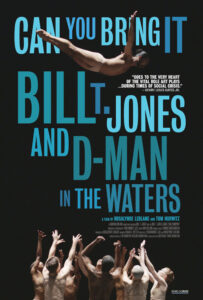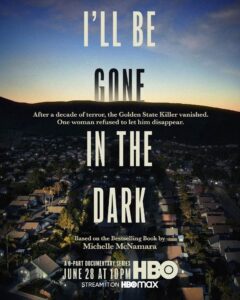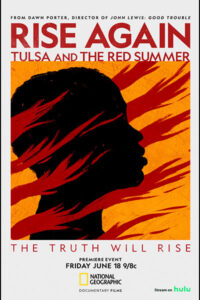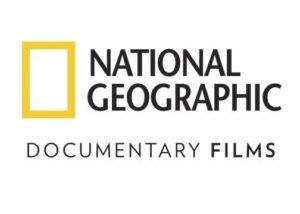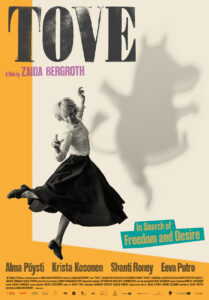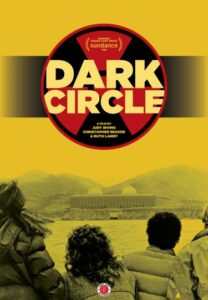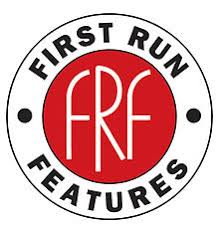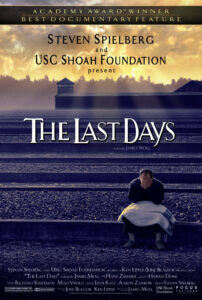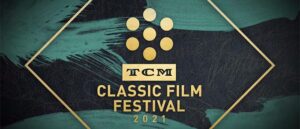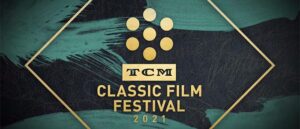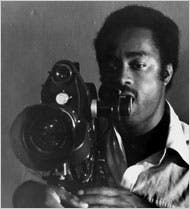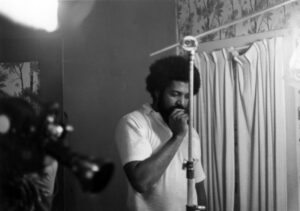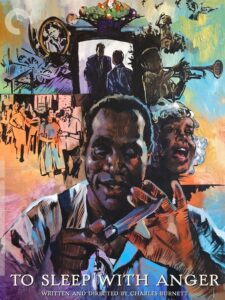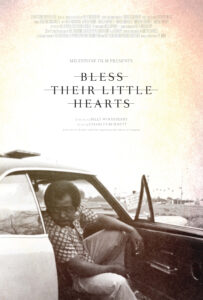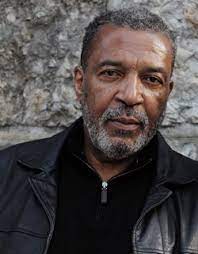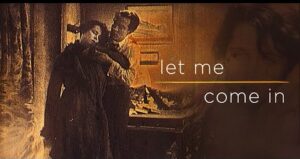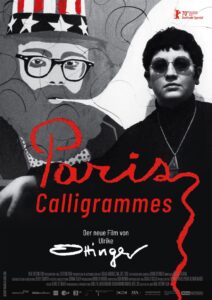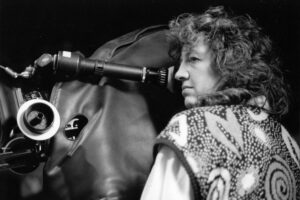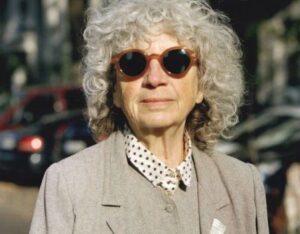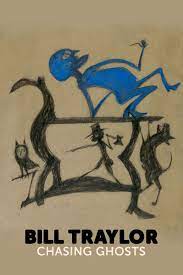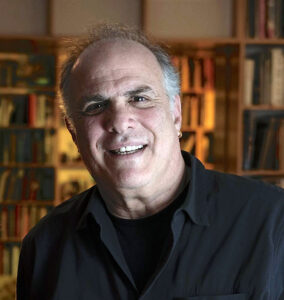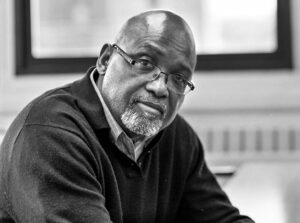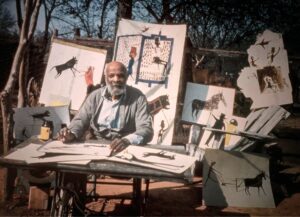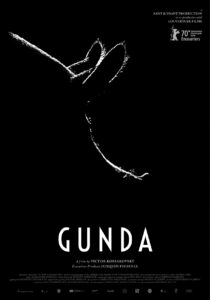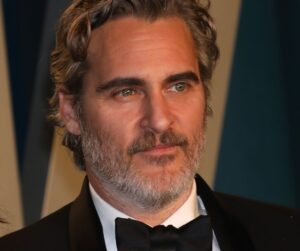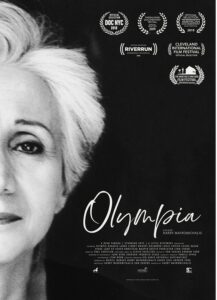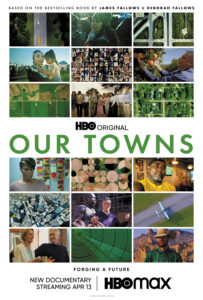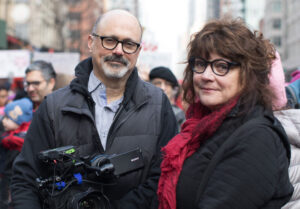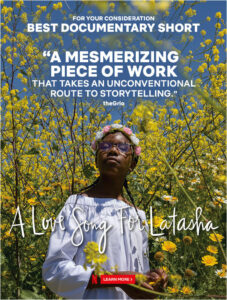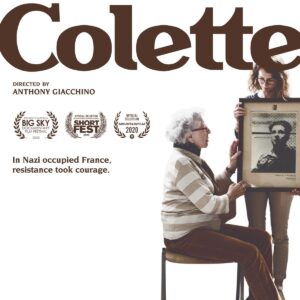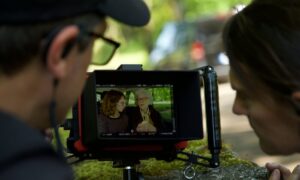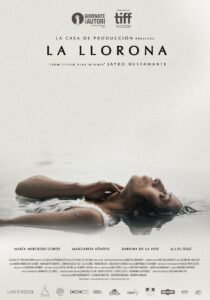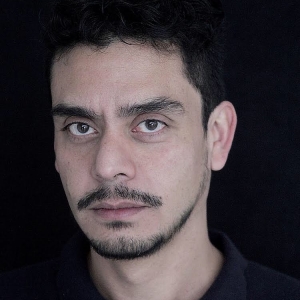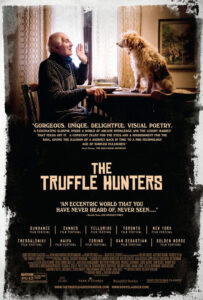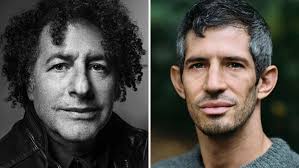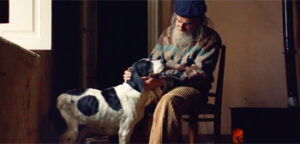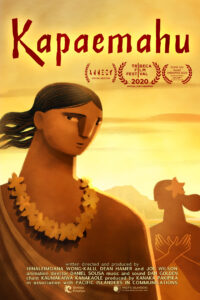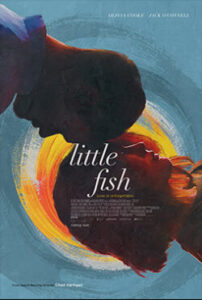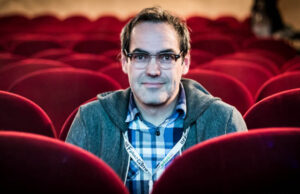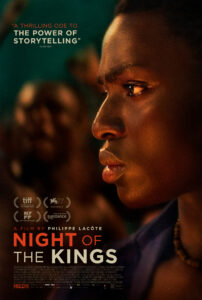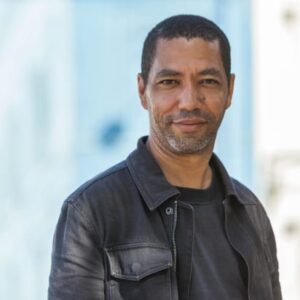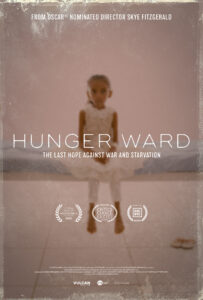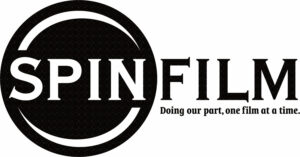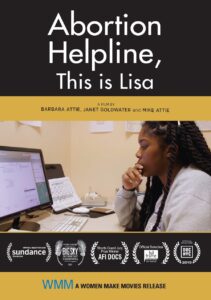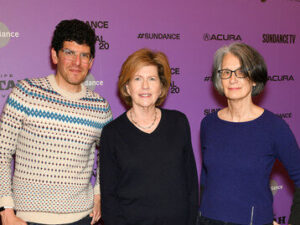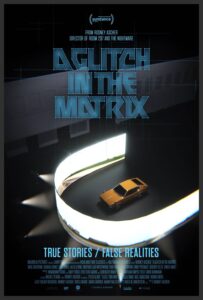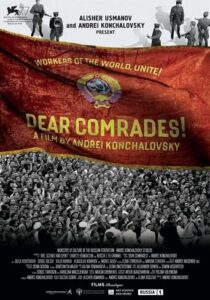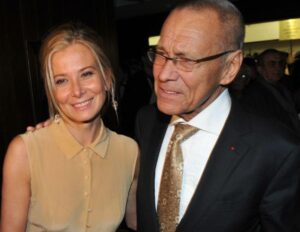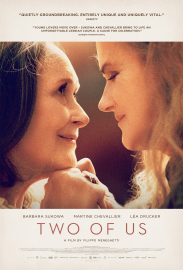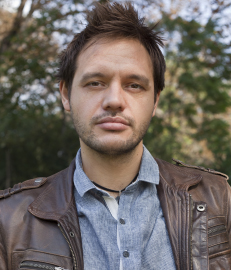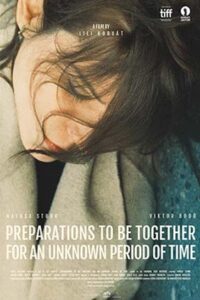From 1968 to 1973, the public television variety show SOUL!, guided 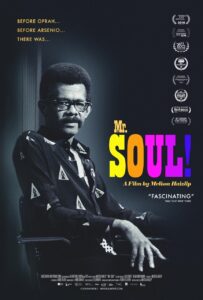 by the enigmatic producer and host Ellis Haizlip, offered an unfiltered, uncompromising celebration of Black literature, poetry, music, and politics—voices that had few other options for national exposure, and, as a result, found the program an improbable place to call home. The WNET-based series was among the first to provide expanded images of African Americans on television, shifting the gaze from inner-city poverty and violence to the vibrancy of the Black Arts Movement. With participants’ recollections and illuminating archival clips,
by the enigmatic producer and host Ellis Haizlip, offered an unfiltered, uncompromising celebration of Black literature, poetry, music, and politics—voices that had few other options for national exposure, and, as a result, found the program an improbable place to call home. The WNET-based series was among the first to provide expanded images of African Americans on television, shifting the gaze from inner-city poverty and violence to the vibrancy of the Black Arts Movement. With participants’ recollections and illuminating archival clips,  Mr. SOUL! captures a critical moment in culture whose impact continues to resonate, and an unsung hero whose voice we need now more than ever to restore the SOUL of a nation. Director / Producer / Writer and the niece of Ellis Haizlip, Melissa Haizlip joins us
Mr. SOUL! captures a critical moment in culture whose impact continues to resonate, and an unsung hero whose voice we need now more than ever to restore the SOUL of a nation. Director / Producer / Writer and the niece of Ellis Haizlip, Melissa Haizlip joins us 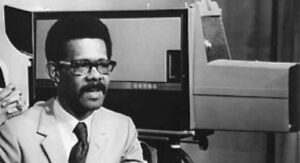 for a lively conversation on the joy and passion that her uncle brought to all of his artistic projects but none more than this resounding response to a constipated white culture that marginalized outside voices with a joyous ode to the astounding depth and breath of Black Culture.
for a lively conversation on the joy and passion that her uncle brought to all of his artistic projects but none more than this resounding response to a constipated white culture that marginalized outside voices with a joyous ode to the astounding depth and breath of Black Culture.
Download MP3 Podcast | Open Player in New Window
For news, updates and screenings go to: mrsoulmovie.com
Watch mrsoulmovie.com/screenings
Mr. Soul! is coming to HBO MAX streaming begins August 22
** Mr. Soul!’s Show Me Your Soul – 2021 Oscar® Shortlisted for the Best Song
About the filmmaker – Melissa Haizlip, Producer, Director, Writer is an award-winning filmmaker based in New York. Her work responds to pressing social issues at the intersection of racial justice, social justice, activism, and representation. Female transformation and empowerment are at the core of all of her ideas, with the goal being to advocate and amplify the voices of women and people of color. Melissa’s feature documentary, Mr. SOUL!, has been shortlisted for the Oscars, for Best Original Song. Mr. SOUL! has been nominated by the Guild of Music Supervisors for Best Music Supervision for a Documentary. Mr. SOUL! is also nominated for three NAACP Image Awards, including Outstanding Documentary (Film), Outstanding Writing in a Documentary (Television or Motion Picture), and Outstanding Breakthrough Creative (Motion Picture). Mr. SOUL! won the 2020 Critics Choice Documentary Award for Best First Documentary Feature. Melissa’s two-channel art films have been exhibited by the Hammer Museum Los Angeles Biennial, Contemporary Arts Museum Houston, and Stedelijk Museum in Amsterdam. Melissa has been awarded grants from the Ford Foundation JustFilms, National Endowment for the Humanities, International Documentary Association, National Endowment for the Arts, Black Public Media, Firelight Media, ITVS, Awesome Without Borders, and Puffin Foundation. Melissa went to Yale University. She’s currently co-executive producing a docu-series on women in hip-hop for Netflix.
SOCIAL MEDIA
facebook.com/mrsoulthemovie
twitter.com/mrsoulthemovie
instagram.com/mrsoulthemovie
@mhaizlip
@mrsoulthemovie
#MrSoulTheMovie
96% on Rotten Tomatoes
“Mr. Soul! is an effulgent and joyous celebration of the life-changing public broadcasting program. … Imagine for a moment what pop culture might be like without Questlove and you may have a small sense of what things would be like without SOUL!.” – Douglas Davidson, CLTure
“There’s a sense of overpowering love and gratitude for Haizlip that’s beautiful and wholly felt throughout Mr. Soul!’s runtime, and it’s as warm and comforting as the hot milk cake that Haizlip’s mom used to make for him.” – Jenny Nulf, Austin Chronicle
“Broad in scope and rapidly paced, the film can feel as if it’s bursting at the seams. But it acutely conveys the radical joy that “Soul!” inspired, barely contained in the movie’s running time.” – Devika Girish, New York Times
“Mr. SOUL brings the amazing individual that was Ellis Haizlip back into the forefront of his and our cultural history.” – Robert Daniels, 812filmreviews
“[Mr. Soul!] highlights black excellence and champions equality, tolerance and inclusion … that it manages to b funny, charming, and uplifting is icing on the cake.” – Victor Stiff, Goomba Stomp
“A rich and illuminating piece of cultural history.” – Sheri Linden, Hollywood Reporter

